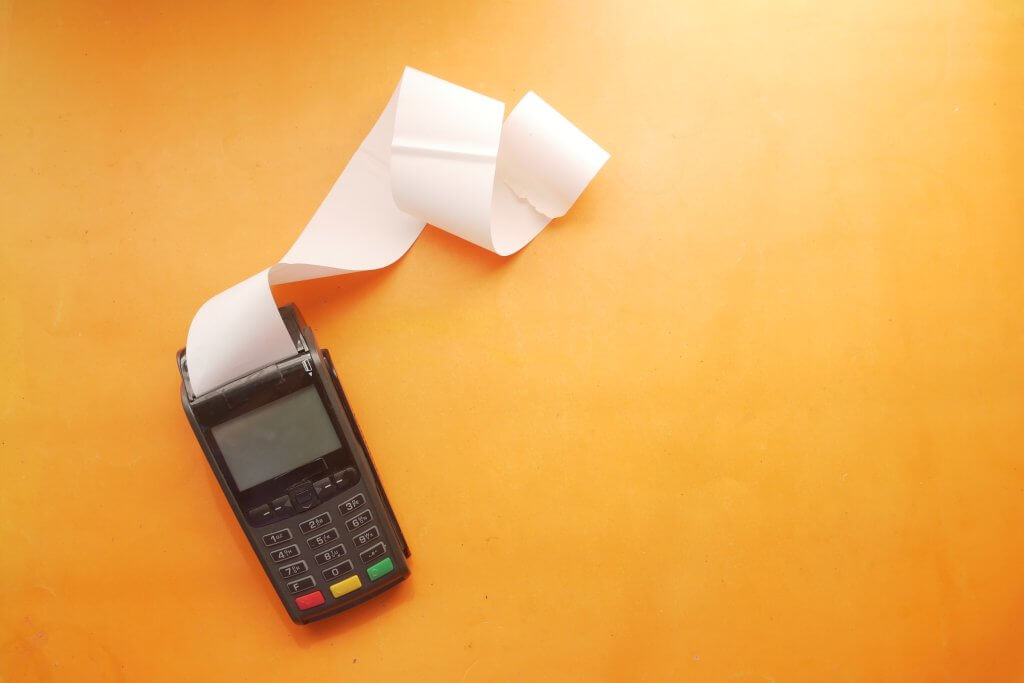
Managing All your Bills Better
Every once in a while you will be sent multiple notices to pay whatever bills you have incurred. Seeing the plethora of sheets can be daunting but even if you have successfully dealt with all of them, how can you prepare to avoid the next surge? Here are a number of tips to help you improve on managing your bills.
Catalogue all bills
Start organising all the bills as soon as they are delivered, to get a full grasp of the situation. However, sort them out by the order of priority payment, as some may have due dates that give you more time to allot funds. Be aware if at least one of it has a due date past your next payday.
Want vs. Need
You will have to evaluate which of the expenses are focused on wants (certain interests) or needs (essential for survival). The evaluation will be centred on questions such as whether they are essential to your life and to what degree, and whether you can function without them. Some people claim that if a certain expense item appears on your want/need list, take time to reflect on whether you really desire it. If the desire wanes with time, it’s a want and can be excised going forward as cancelled; cancelling a gym subscription when you have very limited time to go there may be an example.
Budget planning
Take the time to draft a budget for the next payday to cover all necessary expenses and to save. From there, use the bills to categorise the line items for payment and start apportioning the money. The breakdown can be according to specific sections, including but not limited to: utility bills, council charges, rent, mortgage, groceries, and insurance.
One critical element of the savings aspect of your budget plan is to draft a realistic timeframe for achieving a certain amount kept away. Certain financial advisors state that saving should not be at the expense of cutting back even on essential items. There should be notable space to treat oneself, but you can impose a periodic cap as necessary; it can be a colossal waste if you have laboriously saved under a budgeting/savings plan only to commit a large amount of that kitty into a purchase that turns out to be a huge lemon.
Even when you have a billing plan laid out, you can still take the time to tweak certain sections of it and see where you can cut back a little bit more and possibly save more money in the process. For example, when negotiating the utility bill category, map out the energy usage at home and determine which devices can be left on at all hours or must be disconnected when not in use. It is even more practical if the devices that should stay on have high energy ratings as defined by the Department of Climate Change, Energy, the Environment, and Water: a high rating indicates stronger energy efficiency, which can result in better utility savings.
On-time payment
Make it a practice to pay all your bills on time. Take note that some of the institutions where you must pay up could offer incentives for early payment, such as discounts. Some observers claim that prompt payments can help you avoid penalties and any incentives may save you up to 30 percent.
Auto-debit payment on bills
One way to avoid late payments will be to arrange an automatic debiting with your bank account for recurring payments. If deductions are to be made for payments to a home loan and/or a credit card, for example, you must arrange the payment with the lender and the bank that issued your credit card. They will then collect the amount on the due date.
No impulse buying
Impulse buying is what it really is: going out to buy something at the spur of the moment. When you are committed to managing the bills, muster the willpower to sacrifice and avoid an impulse purchase, even when a sale is in progress and offering huge discounts.
Rainy-day funding
Even with the adequate funding set aside for paying existing bills, there’s often the danger of unexpected circumstances. To counter that, you must dedicate part of your budget to a rainy-day fund. Figure out how much you can set aside after all deductions and dedicated personal savings.
Account for spending
You must list down all your expenses for a given period and determine which parts indicate profligate spending and which are very lean spending times. The listing can be done in a physical ledger, spreadsheet, or through finance tracking apps such as UBOMI.
Settling all your bills is always part of daily life. All it takes is to have enough money for them and do it judiciously.
Why not streamline your bills, finance, and subscription with UMONEY — your own personal command centre from UBOMI!
If you liked our “Managing All your Bills Better” and find it useful, check our blogs regularly for more information to get updates on UBOMI’s budget app and expense tracker.




